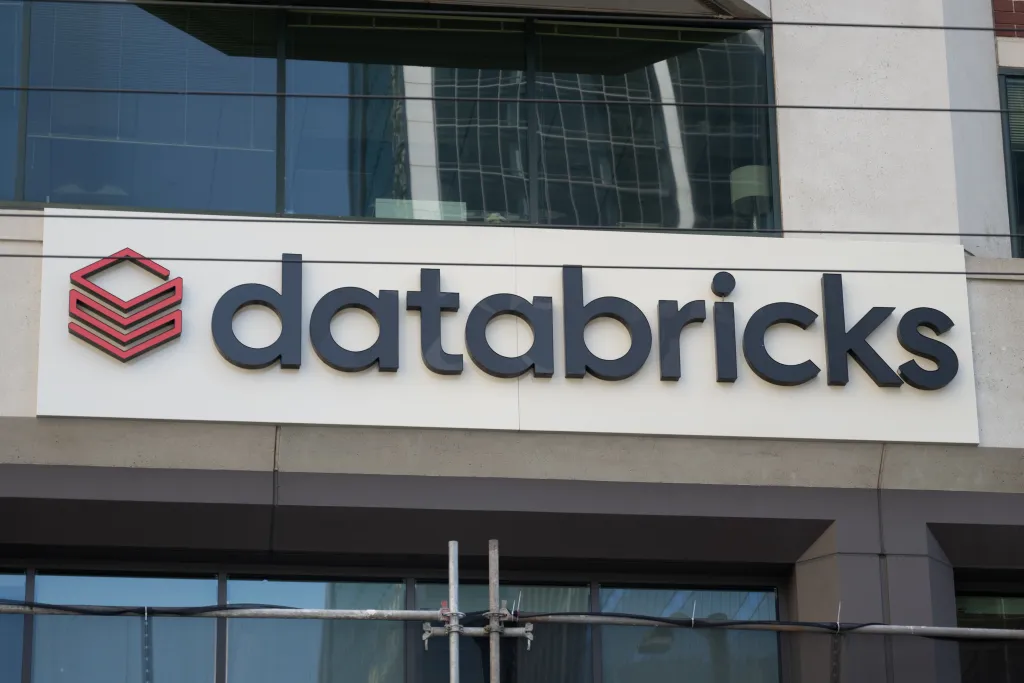Databricks Acquires Neon for $1 Billion
Data analytics platform Databricks announced it has agreed to acquire Neon, a startup building an open-source alternative to AWS Aurora Postgres, for about $1 billion.
The acquisition allows Databricks to integrate Neon's serverless relational database system with its data intelligence services—enabling faster AI agent deployment.
Neon was founded in 2021 by CEO Nikita Shamgunov and engineers Heikki Linnakangas and Stas Kelvich.
It offers a managed, cloud-based Postgres platform that includes free and paid tiers. Developers can clone databases, preview changes before production, and scale CPU, memory, and storage automatically based on demand.
Key features include:
• Branching – for isolated test/dev environments
• Point-in-time recovery
These features suit AI agents, which move faster than humans but require checks to prevent errors.
Databricks stated that 80% of databases provisioned on Neon were created by AI agents, not by humans.
“The era of AI-native, agent-driven applications is reshaping what a database must do,” said Ali Ghodsi, co-founder and CEO of Databricks.
“Neon proves it: four out of every five databases on their platform are spun up by code. By bringing Neon into Databricks, we’re giving developers a serverless Postgres that supports agentic speed, pay-as-you-go pricing, and the openness of the Postgres ecosystem.”
Neon has raised $129.5 million with backers including Microsoft M12, General Catalyst, Menlo Ventures, and Notable Capital.
Databricks itself has raised more than $19 billion to date, with a $15.3 billion round closing in January at a $62 billion valuation.
Recent strategic acquisitions by Databricks include:
• Tabular – acquired in June for nearly $2 billion
• MosaicML – acquired in 2023 for $1.3 billion to enhance large language model training and deployment
Enhanced Permission Management in Android 15
The Android 15 beta introduces a redesigned permissions system that simplifies app data access control.
Early reports highlight improvements such as:
• Background app restrictions
• Automatic monitoring of rogue apps
• Granular notification controls
• New battery optimization options
• Limitations on background processes


